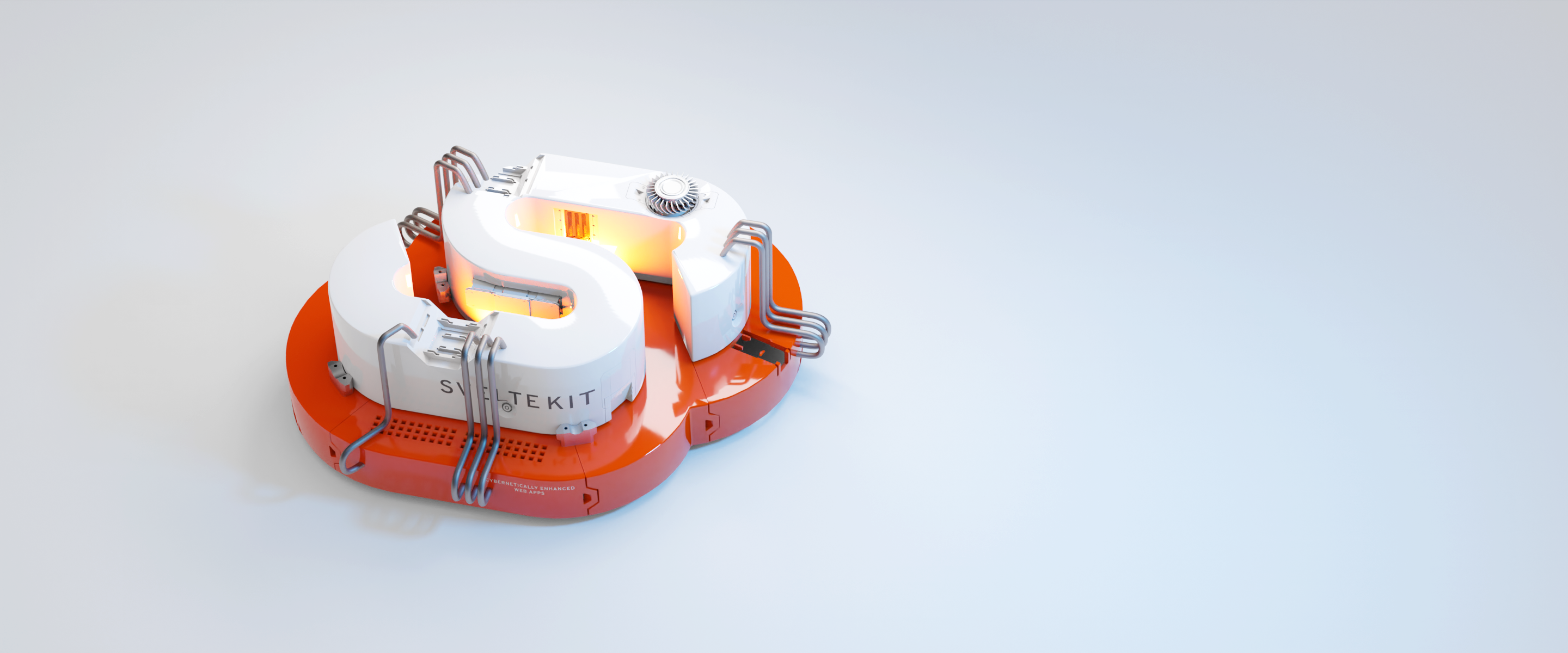
The first post
The first post ever.
9/9/2024
Hello world. First actual post.
On Writing
Writing and teaching are two of my biggest passions. I'm not trying to advertise myself, as loving to write and teach is often seen as a cliché response in interviews, similar to saying, "My biggest flaw? Being too much of a perfectionist, you know?"
However, I have this insatiable desire to learn new things and then share that knowledge with others in a way that hopefully reflects my passion for the subject.
Since my sophomore years, I've been daydreaming about having my own little space on the internet where I can write about my thoughts and teach those who are interested. It's possible that only a handful of people will ever read what I write on this blog, as they tend to become outdated quickly. But that's okay; I don't plan on writing clickbait posts to lure readers into signing up for newsletters or downloading free ebooks. I simply want a platform where I can freely discuss the things I enjoy.
I've experimented with various blogging frameworks, and at one point, I even developed my own. While it's no longer accessible, you can catch a glimpse of it on the old website. I began working on it in mid-2019 and published it around mid-2020. Though I eventually moved on to other projects, the idea of writing to showcase and educate has always stayed with me.
On Knowledge Building
One of the greatest advantages of blogging with the intention to educate and enlighten is that the future version of yourself can benefit from the knowledge you write. By taking the time to write something valuable and insightful, you not only assist your present self in the process of studying, but you also aid your future self when you need to recall information you've already acquired.
As you may have noticed, I have a "learning" section on this website. Unlike blogs, which serves a specific purpose: to provide short snippets of knowledge and insights I've gained from studying a particular subject, the "books" from that section receive more attention and love as they are intended to have a longer lifespan.
Another advantage of writing to educate is the opportunity to practice my English skills. I refrain from using any LLM/GPT tools for writing or auto-correcting during proofreading. This deliberate choice is made to enhance my ability to write naturally and to engage in the process of articulating my thoughts in written form using the language, thereby strengthening the linguistic part of my brain.
On Using Projects to Learn New Tools
For years, I've heard about this thing called Svelte. As a Front-End developer, I've dabbled with various libraries and frameworks like Angular, Angular.js, React, and Vue. However, despite briefly glancing at the "Getting Started" page some years ago, I never really delved into practicing it.
Recently, as I aimed to update my portfolio and revive my blog idea, I saw developing the blog as a perfect opportunity to get my hands dirty with Svelte.
During the early stages of development, I also considered implementing a proper database for storing data. However, I didn't want to dive into using mainstream databases like Postgres or MongoDB for simple things like blog posts, projects, and books that may only be read a few dozen times a day. I didn't need the firepower of those databases for my needs. It would be like using a bazooka to kill a ant.
In my search for technologies that could provide a simple yet reliable database solution, I came across Pocketbase. While I was initially confused about its setup, I knew I had found what I was looking for and proceeded to learn the fundamentals of it.
In a similar way, when it came to selecting a UI library, I opted for Skeleton, since people on Svelt reddit often recommended it, since it's built on Svelte.
Basically, as I worked on this blog (and continue to work on it), I keep learning new technologies to enhance it, and I truly enjoy the process.
On Workflow
As everyone knows, developing discipline is one of the most challenging things one can fight for. No matter how many "how to get disciplined" videos and posts you consume, they may click with you initially but they may not stick with you for too long. It's not that these techniques are bay; they simply may not work for you. And that's okay. Trust me.
So, through my experience of working on this blog and years of trial and error to discover what works best for me, I've come to learn that I need to take things easy, this may sound obvious, but I often have big ambitions for my projects and for some reason I tend to try harder into them, which often burned out me, some even before I start working on them. Setting deadlines, specially strict ones, creates unnecessary pressure, and having both a strictly closed, yet big scope can be so counterproductive as having no scope at all, or "open scope".
Throughout my career, since my student years, I've often struggled with overengineering tasks. This blog served as the final straw for me to break free from this habit, as I made a conscious decision not to overcomplicate things and to stay mindful of my plans, like what I should do, which technologies should I implement and so on. (This topic deserves its own dedicated post because is quite a nice thing to talk about)
So, the "success" of this blog, in the sense that I idealized it, I worked on it, I published it, taught me that overthinking about what could go wrong or how things could be improved doesn't contribute to progress, it just tethers it. Avoiding unnecessary stress should be the main target, so just sit and work with what you have, both on your hands and in your mind.
Just do it.
That's all.
Thanks for reading.
